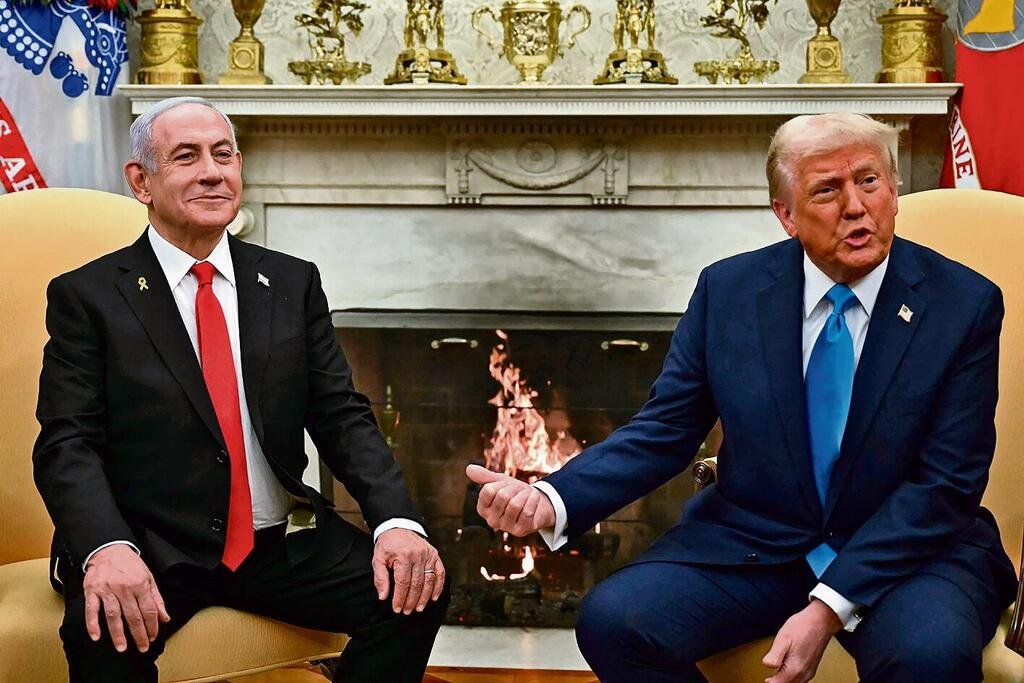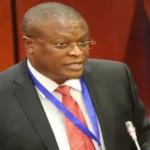U.S. President Donald Trump is preparing to host Israeli Prime Minister Benjamin Netanyahu at the White House on Monday, in a critical diplomatic engagement as global calls intensify for a ceasefire in the Gaza Strip.
The visit, confirmed quietly by officials from both governments, comes at a tense moment. The United States is actively pressuring both the Israeli government and Hamas, the Palestinian militant group controlling Gaza, to agree on a lasting ceasefire and end months of deadly conflict.
Although official details remain limited, the private nature of the confirmations—on the condition of anonymity—underscores the sensitive geopolitical dynamics at play.
This will be Netanyahu’s third visit to Washington since Trump returned to office in January 2025. However, the stakes are higher than ever. The U.S. recently escalated its involvement in Middle Eastern tensions by targeting suspected nuclear facilities in Iran, a move that has drawn both praise and concern on the global stage.
During Monday’s talks, the two leaders are expected to address several pressing topics: rising civilian casualties in Gaza, growing instability across the region, and the search for a diplomatic solution that includes both Israeli and Palestinian interests.
“This is not just another political handshake,” said a former U.S. diplomat. “It’s a pivotal moment for Middle East peace and American foreign policy.”
The discussions are also likely to touch on the future of U.S.–Israel military cooperation, shared intelligence efforts, and longer-term plans to stabilize the region.
Also Read; UK to Open Satellite Diplomatic Office in Dodoma
Trump has maintained that a two-state solution—a sovereign Israel and Palestine coexisting peacefully—is still viable, though achieving that vision remains elusive. The last round of substantive negotiations stalled years ago, and mutual distrust remains deeply entrenched.
Still, American officials hope that renewed dialogue could create momentum. The administration has suggested a role for Egypt, Qatar, and the United Nations as mediators in future peace-building efforts.
The meeting also comes amid domestic pressure for both leaders. Trump faces scrutiny over his aggressive Middle East stance, while Netanyahu continues to navigate political friction within his coalition government.
Across Israel and Palestine, emotions remain raw. In Gaza, infrastructure has been shattered, and families displaced. In southern Israel, rockets continue to threaten civilians. Humanitarian organizations, including the International Red Cross, have warned of a deepening crisis without immediate relief.
Whether the Trump–Netanyahu talks will yield tangible results remains to be seen. But with regional tensions mounting, and the human cost climbing, observers say the meeting is far more than a diplomatic formality—it could help determine whether the cycle of violence breaks or deepens further.







